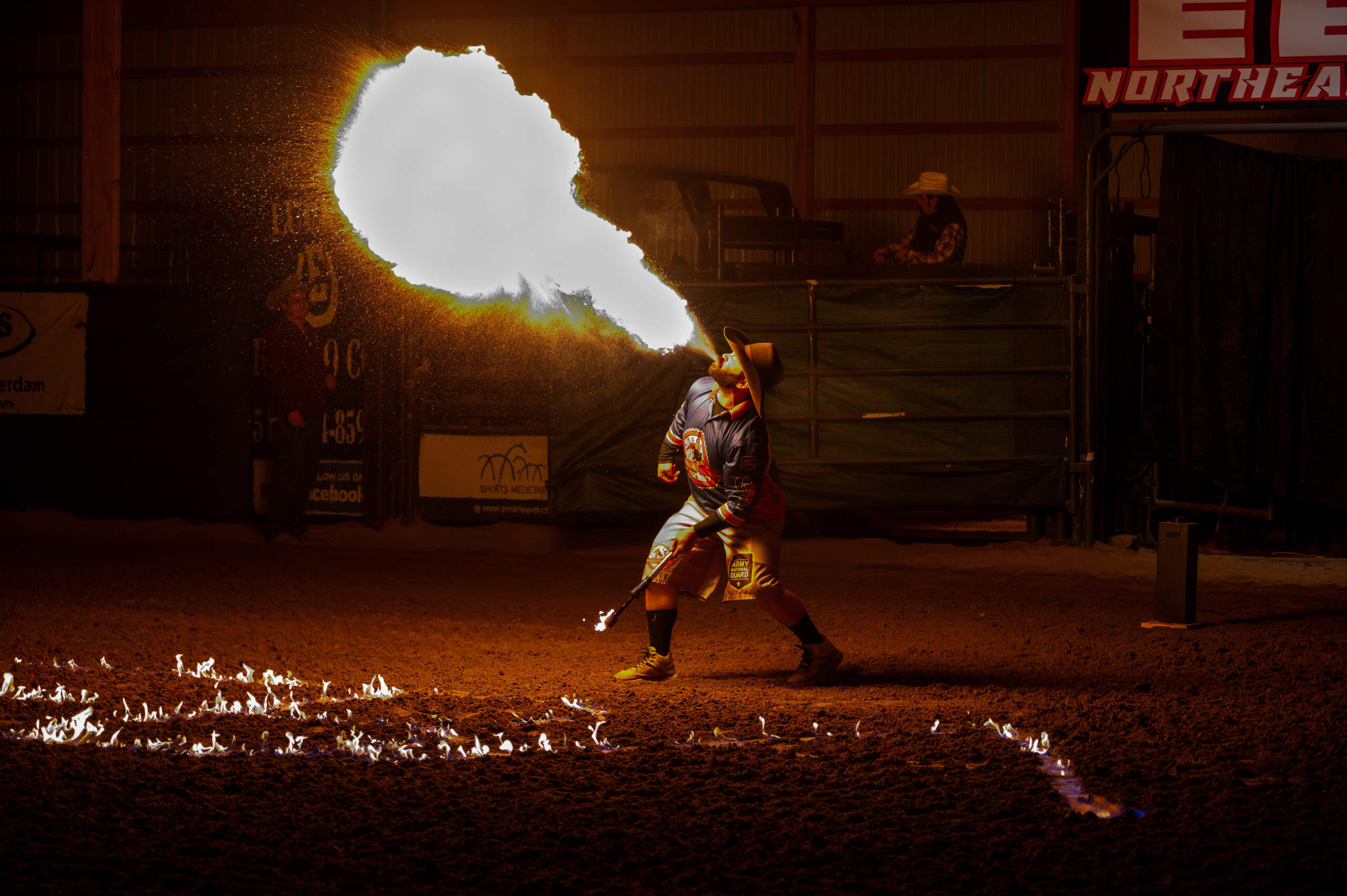Police Reform to Include Whistleblower Protection
By Space Coast Daily // July 21, 2020

In light of recent events around the country, police departments are under the watchful eyes of the public. The death of George Floyd led to worldwide protests and reinvigorated the conversation around an officer’s “duty to intervene” if their colleague is acting with excessive violence.
With the existence of social media, body-cameras, and dash-cameras, police misconduct has been made extremely visible to the public.
Many wonder, however, why the accountability ofor instances of police brutality must come from public action rather than the police departments in charge of such officers.
Police Officers Facing Retaliation for Reporting Misconduct
Police departments in the U.S. have a long history of a “code of silence,” often referred to as the “Blue Code,” that threatens those who go against their fellow officers or department for reporting misconduct.
Officers who report their colleagues for misconduct may face retaliation from the department that can cost them their job or their safety.
Some police officers may also face types of retaliation from their co-workers, such as being harassed or not receiving backup while in a dangerous situation on the job. In most workplaces, retaliation can be reported and handled, but for police officers, the repercussions and protection against retaliation are different.
Lack of Protective Measures for Retaliation
The case Pickering v. Board of Education allows for police and people working in law enforcement to blow the whistle on matters of public interest. However, another case, Garcetti v. Ceballos, makes it such that reports made on the job are not protected under their first amendment rights.
Garcetti limited the First Amendment rights of an officer, determining that he had no such rights with respect to a memo written as part of his duties.
The Court making a hairline distinction decided “Restricting speech that owes its existence to a public employee’s professional responsibilities does not infringe any liberties the employee might have had as a private citizen.”
This means if a police officer reports misconduct up the chain of command, and they do not receive protection from retaliation in the form of firing or demotion it may not be possible to fight such retaliation on First Amendment grounds.
There may, of course, be many other state, and federal laws which apply to protect the officer. The ruling opinion was that while acting in the line of duty, an officer is not a private citizen so their speech is not protected.
Garcetti was decided in a manner that can prevent people from claiming retaliation after they have been terminated and applies to public servants acting in their official capacity.
But when such a principle is applied to police officers, it can cause a lack of protection from top-down punishment for reporting officer misconduct.
Simply put, this ruling could be relied upon to allow officials to punish the officers who do the right thing by reporting brutality to be punished for doing so.
“If you can be retaliated against for doing the right thing, with no consequences for those who engage in such retaliation, then of course there will be a chilling effect.
Many people will be more inclined to keep quiet,” says Attorney Tony Munter of Price Benowitz LLP. “Officers need protection when they are exercising their duty to report wrongdoing, even internal wrongdoing, if we have any hope of reforming our police forces and preventing conduct issues, obviously we need more legal rights for whistleblowers in every public office.”
Many are calling for police reform to include anonymous reporting, so that officers will not face social or professional retaliation for exercising their duty to report and intervene.
This type of reform would allow for investigations to occur without blame being placed on the whistleblower, a protection that is supposed to be awarded in the first place.
There is also a push for investigations to be conducted by an outside team, as it has been shown that internal affairs are often too closely connected to the officers involved to manage a fair investigation. Without these critical changes, it leaves the strong possibility that retaliation will still be a common occurrence, and the officer following their duty to intervene will be punished.
Additionally, if the person blowing the whistle on the conduct chooses to not remain anonymous, they should have more protection from retaliation.
It is difficult to enact such changes as there is a wide range of law enforcement departments across the country all serving at various levels and jurisdictions.
Therefore, setting a mandate across the board could be difficult to do. Changes needed to protect whistleblowers would have to come from those state officials and courts who the departments serve.
It is then that officers protecting the interests of the public could continue to protect and serve and the weeding out of bad actors could begin.
CLICK HERE FOR BREVARD COUNTY NEWS













